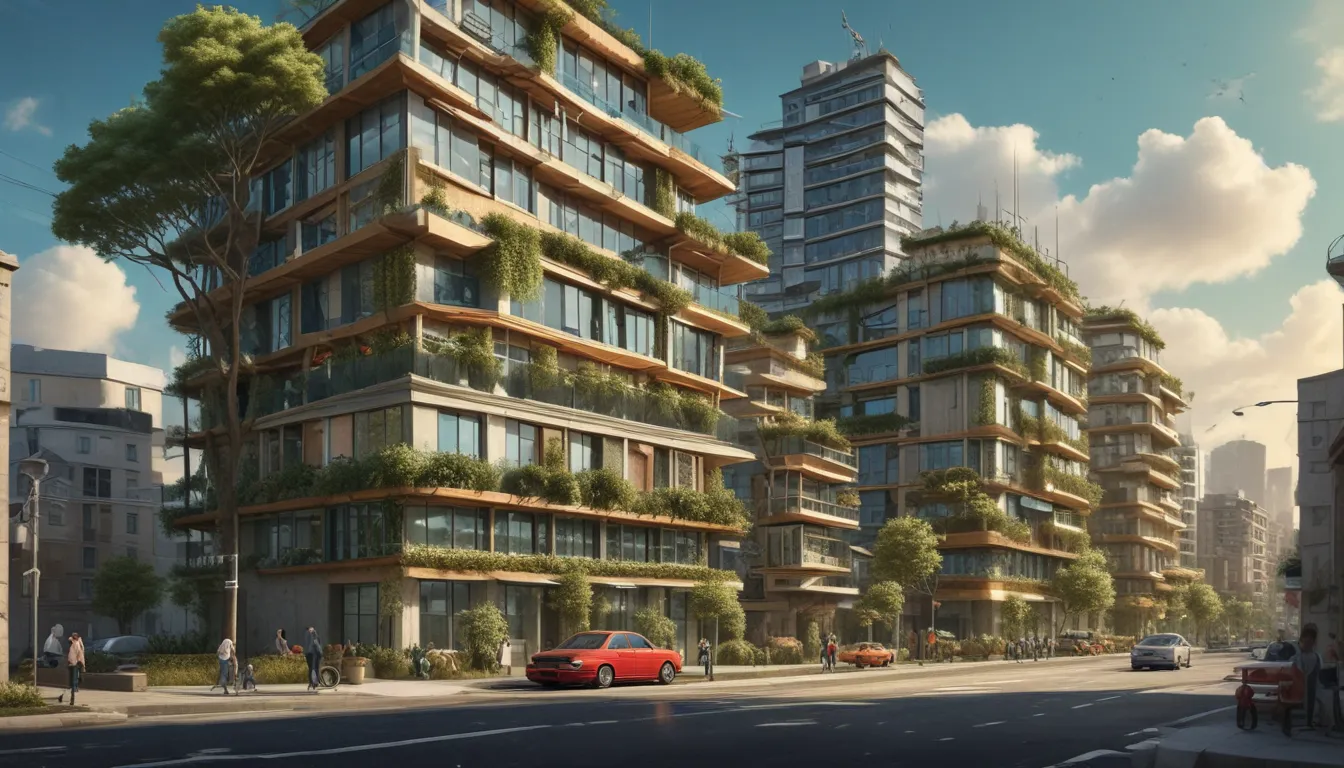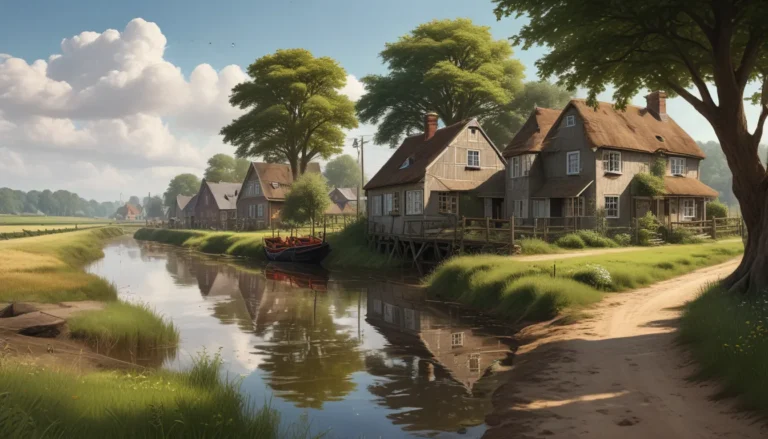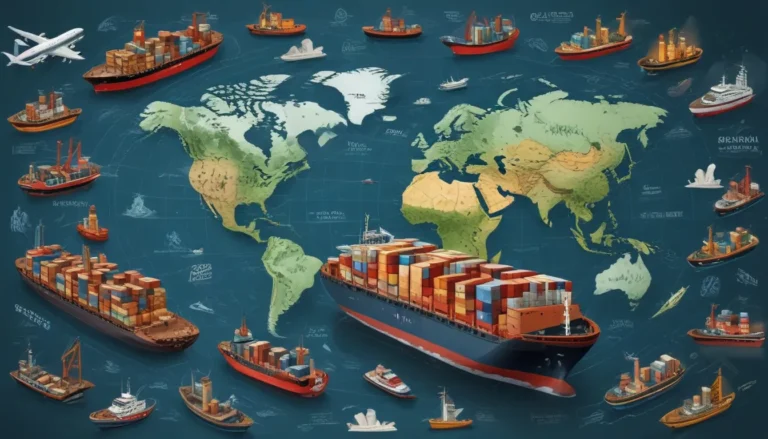A Note About Images: The images used in our articles are for illustration purposes only and may not exactly match the content. They are meant to engage readers, but the text should be relied upon for accurate information.
In today’s world, the concept of sustainable development plays a crucial role in shaping the future of our planet. As we face pressing environmental challenges and the impacts of climate change, it is more important than ever to understand and implement sustainable practices that can secure a better future for generations to come. Sustainable development involves the idea of meeting present needs without compromising the ability of future generations to meet their own needs. It is about finding a balance between economic growth, social well-being, and environmental protection to create a world where everyone can thrive.
Understanding Sustainable Development
Sustainable development encompasses three core dimensions: economic, social, and environmental. These dimensions are interconnected and must be addressed together for long-term sustainability. The concept of sustainable development emerged in the 1980s when the World Commission on Environment and Development introduced it in the landmark report “Our Common Future.” This report emphasized the need for balancing economic growth, social progress, and environmental protection.
In 2015, the United Nations adopted the Sustainable Development Goals (SDGs), committing to achieving 17 goals that address various global challenges, including poverty, hunger, education, gender equality, clean energy, and climate action.
The Pillars of Sustainable Development
- Sustainable development promotes responsible consumption and production, focusing on reducing waste generation, utilizing resources efficiently, and adopting eco-friendly practices.
- Education plays a crucial role in sustainable development by empowering individuals to make informed choices and take actions to contribute to sustainability.
- Sustainable cities and communities are vital for achieving sustainable development, emphasizing efficient resource management, access to basic services, and sustainable urban planning.
- Partnerships and collaboration are essential for achieving sustainable development goals, involving various stakeholders such as governments, businesses, civil society organizations, and individuals.
- Renewable energy is a key component of sustainable development, promoting a transition from fossil fuels to sustainable energy sources like solar, wind, and hydroelectric power.
- Sustainable agriculture ensures food security by promoting organic farming, reducing pesticide use, and preserving biodiversity.
- Water scarcity is a significant challenge for sustainable development, highlighting the importance of access to clean water for human well-being.
- Gender equality is integral to sustainable development, empowering women and girls and ensuring equal access to education and healthcare.
- Sustainable tourism supports local economies and the environment by minimizing negative environmental impacts and providing economic benefits to communities.
- Sustainable infrastructure enhances resilience by building infrastructure that can withstand natural disasters and other challenges.
Taking Action for Sustainability
- Climate action is a central component of sustainable development, focusing on reducing greenhouse gas emissions, promoting renewable energy, and implementing climate change adaptation strategies.
- Sustainable development addresses social inequalities by ensuring access to essential services for all individuals.
- The private sector plays a vital role in sustainable development by adopting sustainable practices and promoting ethical business operations.
Promoting a Sustainable Future
By prioritizing sustainable development, we can ensure a better future for generations to come. It is our collective responsibility to preserve the planet, promote equity, and strive for a sustainable and prosperous world.
Conclusion
Understanding the principles and goals of sustainable development is key to creating a more prosperous and sustainable world. By actively engaging in sustainable practices and working towards a balanced and resilient future, we can all contribute to building a better world for generations to come.
FAQs
-
What is sustainable development?
Sustainable development is a concept that emphasizes balancing economic growth, social well-being, and environmental protection to meet the needs of the present generation without compromising the ability of future generations to meet their own needs. -
Why is sustainable development important?
Sustainable development is important because it helps ensure the long-term health and well-being of both people and the planet by addressing global challenges like poverty, climate change, and resource depletion in a responsible manner. -
How does sustainable development promote environmental protection?
Sustainable development promotes environmental protection by encouraging practices that reduce resource consumption, minimize waste generation, and limit pollution while preserving biodiversity and promoting clean energy. -
What are the Sustainable Development Goals (SDGs)?
The Sustainable Development Goals are 17 goals adopted by the United Nations in 2015 that cover objectives such as ending poverty and hunger, achieving gender equality, ensuring access to clean water and affordable clean energy, and combating climate change. -
How can individuals contribute to sustainable development?
Individuals can contribute to sustainable development by making conscious choices in their daily lives, including adopting sustainable consumption practices, conserving energy and water, supporting renewable energy sources, and advocating for sustainable policies and practices.
At Onetreeplanted.org, our commitment to delivering engaging and trustworthy content is at the core of what we do. Each fact on our site is contributed by real users, ensuring a wealth of diverse insights. Trust in our dedication to quality and authenticity as you explore and learn with us towards a sustainable future.






